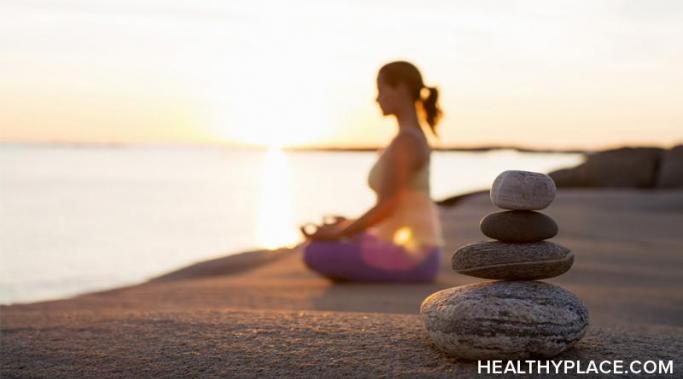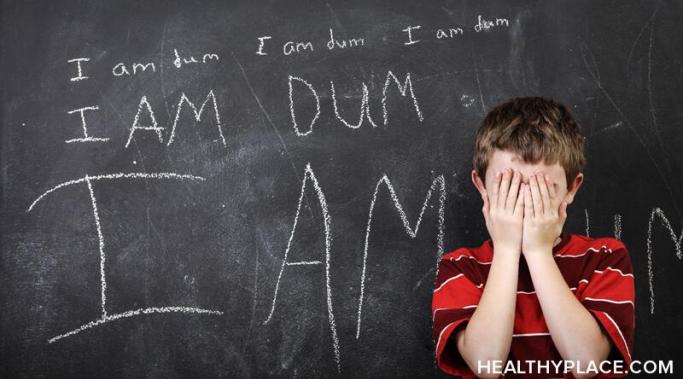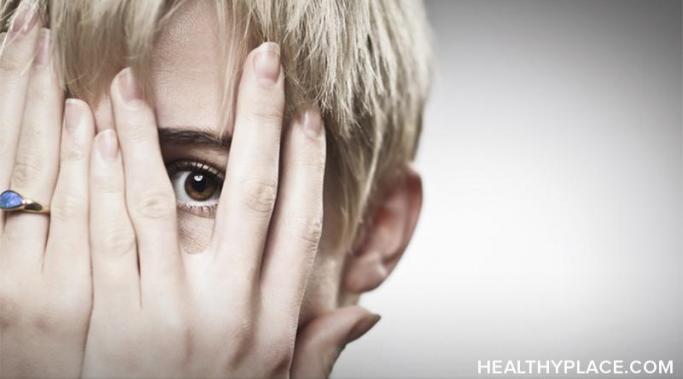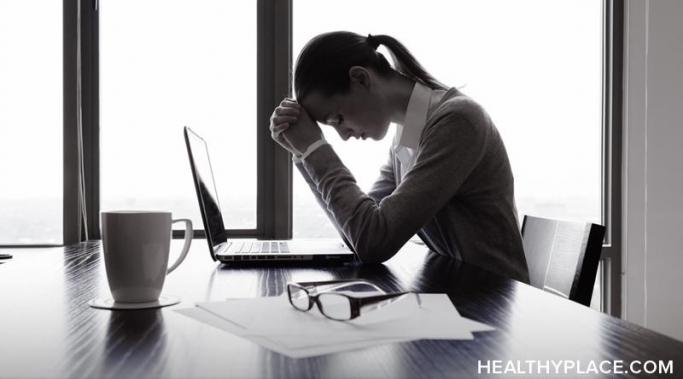Anxious negative thoughts play a huge role in the worries, fears, and what-ifs of all types of anxiety. In turn, the worries, fears, and what-ifs fuel anxious negative thoughts. The relationship between our thoughts and our anxiety is complex, enmeshed, and downright unhealthy for us. That said, you are neither a victim nor a prisoner of your anxious negative thoughts. Despite how it might seem, you can change how you think and reduce anxiety in the process by making one shift.
Anxiety-Schmanxiety
Hobbies can calm anxiety, and I use them as self-help in my daily mental health struggles. A friend recently asked me what alleviates my anxiety. I quickly quipped that I’m always anxious, and then I realized that isn’t exactly true. My passions—music, reading, and writing—may never make me rich. But these hobbies allow me to calm my anxiety and are valuable mental health self-help tools.
This is your year to find ways to reduce anxiety. Most likely, you’ve been working on doing so already, which means you have a head start. You may have already experienced successes, and you can build on that momentum this year. You might also have experienced setbacks and difficulties getting rid of worries, fears, social anxiety, racing or obsessive thoughts, and the myriad effects and symptoms of anxiety. This is why it’s important to celebrate a new year. A new year is symbolic of a fresh start. You can learn new ways to reduce anxiety in 2018.
If you increase your uncertainty intolerance, your anxiety level will decrease. Facing uncertainty—not knowing what is going to happen in your life on both big and small scales—can cause or increase anxiety. Being really uncomfortable with uncertainty, officially called uncertainty intolerance (and sometimes referred to as fear of the unknown), is common in people living with anxiety. If you find yourself worried, anxious, and stressed when you can’t predict what’s going to happen, here’s a helpful certainty: you can do something about this type of anxiety and increase your uncertainty intolerance, and overall mental health, in the process.
Obsessive-compulsive disorder (OCD) makes me doubt myself, turning me into my own worst critic. Self-deprecation is my specialty. “Don’t be so hard on yourself,” is a phrase I hear from someone else every other day. And yes, I am hard on myself, but I feel I am not as hard on myself as I should be. I had an entirely different article written and dismissed it as being (choice phrases that I won’t say on this blog). It is difficult to live in a partially self-constructed mental prison. Obsessive-compulsive disorder makes me doubt myself. It makes me my own worst critic of everything I do, say, or think.
Do you hate the anxiety that uncertainty causes? Does not knowing cause you intolerable stress? If not knowing what might happen, officially called uncertainty intolerance, makes you worry so much that it’s interfering with your life, know that you’re not alone. Many people who have anxiety, whether or not it’s an anxiety disorder such as generalized anxiety disorder (GAD), also have difficulty living with any sort of uncertainty.
My anxiety over health insurance since my divorce 15 months ago, is increasing daily. While married, I was covered as a dependent under Tricare, the military’s insurance. When I moved to Idaho and eventually divorced, I found myself in what is called "the gap" in Idaho's health care coverage.1 It is a hole in Idaho’s health insurance plan where thousands of Idahoans do not have affordable access to healthcare coverage. Because my daughter is on her father’s insurance, I am not eligible for Medicaid. As it stands, I receive no tax credit for insurance because of my income bracket. Therefore, affordable rates for health insurance aren't available to me. I need anxiety treatment, and this anxiety over health insurance is not helping.
Focusing our thoughts is a powerful way to reduce anxiety because we're taking charge of our thoughts. A frustrating thing about anxiety is that it seems to take over. It invades our thoughts and runs wild with them. All types of anxiety involve racing thoughts, and racing thoughts are unfocused thoughts. Or perhaps they are focused, it's just that they're focused on worries, fears, negative self-judgments, and traps we're stuck in. You can calm your mind and reduce anxiety by focusing your thoughts.
My life with social anxiety disorder (SAD) isn’t much of a life. When faced with strangers, my social phobia causes me to avoid physical proximity, eye contact, and small talk. Though normally well-spoken, the attention of others causes me to stumble over my words. Thoughts of job interviews or parties send me into a panic. I am often frightened when faced with a crowd. Daily life with SAD is unnerving and often unpleasant.
Sometimes, knowing the main causes of anxiety isn't necessary. Sometimes, it's not even desirable because working to uncover the causes of your anxiety could do more harm than good. There are times, however, that knowing the main cause of your anxiety can be very helpful because it gives you something tangible to address. Let's look at two main causes of anxiety and discover how to remove them.









